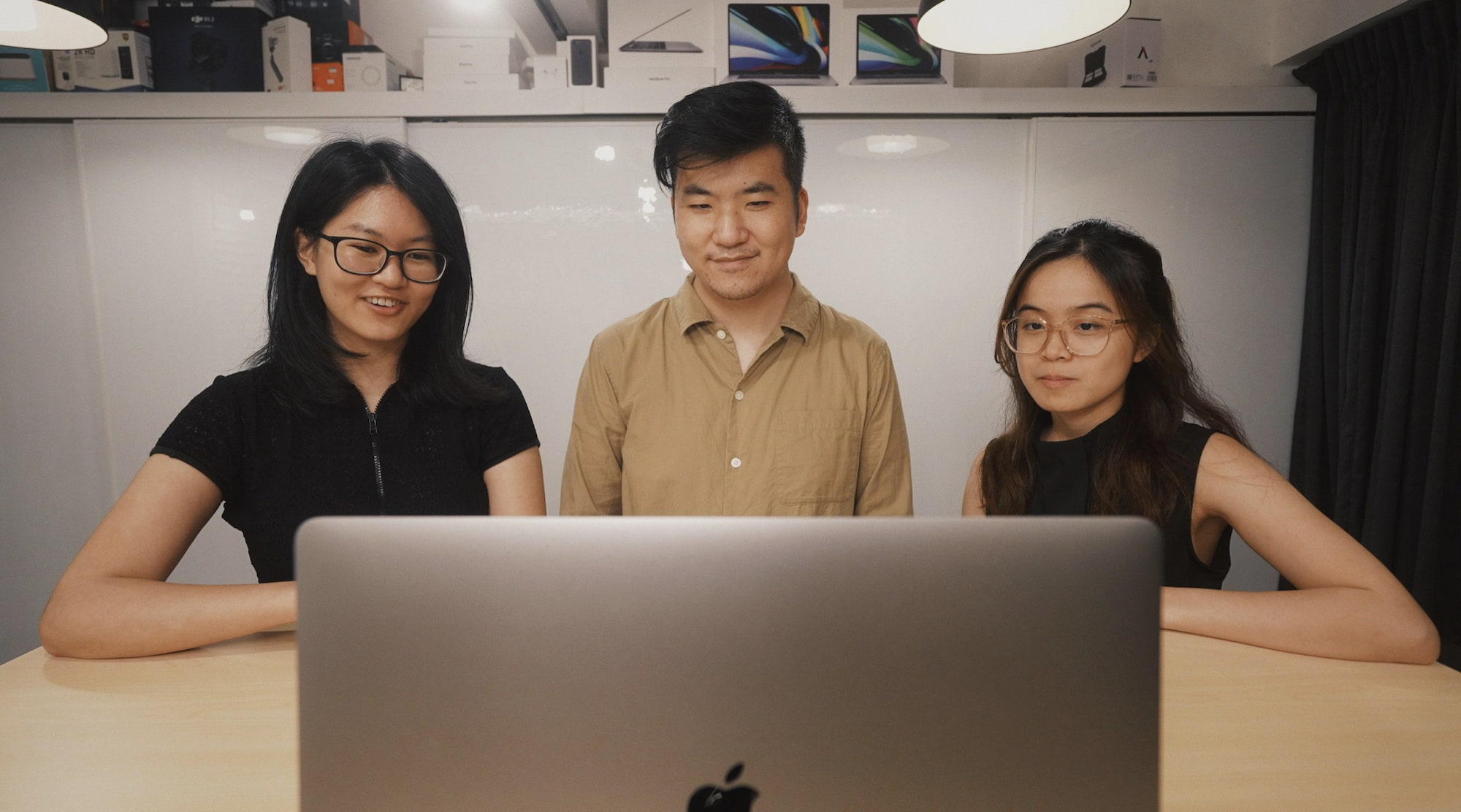With the development of new technologies and their application in a wide range of fields, Internet has become a hot industry, attracting more and more Gen Z job seekers. Although the 996 work culture is primarily seen in big tech (such as Alibaba, Tencent or Huawei) and finance companies, Gen Z job seekers are still willing to move into these industries.

On top of that, 34.1% of finance and 33% of tech workers claimed to be satisfied with their current jobs, higher than those in the manufacturing industry (16.9%) and in real estate (21.1%). Instead, workers in manufacturing/processing positions are the group most dissatisfied with their current job (only 16.8% declared liking what they do). As manufacturing and processing positions need to work in assembly lines, with intensive work and long working hours, over 44.8% of Gen Z find themselves having to work more than 9 hours per day.
However, most Gen Z is generally unwilling to leave their current industry. Among them, 70.3% of Internet workers want to stay in the internet/IT industry, followed by 54.6% in the culture/media/entertainment/sports industry.

New options for Gen Z jobseekers: the rise of the e-commerce industry
According to the Highsnobiety report, China’s huge market, its high internet penetration, the ubiquity of social media platforms, the importance of word of mouth, and the absence of eminent traditional fashion media made the KOL economy thrive in the latest years. In July 2022, the Chinese human resource and social welfare department included “e-commerce streamers” in the new job category. As e-commerce and social media keep growing in China, Chinese Gen Z’s work preference is gradually shifting towards such kind of emerging industries. In fact, over 10% of Gen Z are pursuing or willing to try emerging careers such as e-commerce streamers, vloggers and influencers, according to a survey from Zhaopin. One reason behind this trend is that over 65% of Gen Z reckon the e-commerce industry offers better benefits, higher salaries and more flexible working time. Around 16.3% of Gen Z workers want to be vloggers or KOLs documenting their life, recommending outfits, and tasting food.
The rising influence of Guochao on Gen Z job hunters
As “Made in China” is no longer a synonym for “low price, low quality and low popularity” and a tide of national confidence spreads across the country, Gen Z consumers express a stronger preference and trust for domestic enterprises, both when it comes to doing shopping and when seeking for a job.
Survey data show that more than 80% of Gen Z are willing to work for domestic enterprises. Among Gen Z workers in the cultural, sports, education/arts and crafts industry, 92.2% want to work for local employers, which is significantly higher than in other industries. One of the reasons behind Chinese Gen Z’s renewed interest in traditional Chinese painting, seal cutting and other activities in the arts and crafts industry is the growing popularity of the current Guochao trend.
When it comes to reasons why Chinese gen-z want join domestic enterprises, 70% chose “optimistic about the development prospects of domestic enterprises”, about 60% chose “high salary and good welfare benefits”, and about 40% chose “national pride and cultural confidence”.

Concerns when seeking a job and the workplace woes of Generation Z
When job seeking, a generous salary and competitive benefits remain the most prevalent concerns for the Gen Z. In addition, “whether the company can offer many opportunities to workers to learn new skills on the job” and “whether the work content is interesting and can give play to employee’s strengths and creativity” become critical factors for Gen Z workers when applying for jobs.
The company’s size is also a crucial concern for young Chinese job seekers. According to the 21st Century Business Herald report, 92% of respondents want to work for a large or middle-sized company, while only 8% would choose a start-up or small company. Gen Z generally believes that big companies use cutting-edge tools and that they can make their resume stand out.
Moreover, Gen Z does not feel at ease with the dominant work culture. What bothers Gen Z employees the most is that more than 50% of them “do not feel the value and meaning of work”. Gen Z reckons that their work is too stressful, and the amount of work is not proportionate to their income. Furthermore, in the workplace, Gen Z craves emotional equality and a balance between work effort and income.
Is it time to say “bye” to 996?
After the 996.ICU protest started in 2019, 996 and unfair overtime work culture is also rejected by most of Gen Z since Chinese youngsters prioritise a work-life balance. Gen Z believes that the company should strictly follow the current Labour Law of the People’s Republic of China, which stipulates that the daily working hours of workers shall not exceed 8 hours and the average weekly working hours shall not exceed 44 hours. Recently, the hashtags “What if we only have to work eight hours a day” and “Why is it so hard to leave work on time in big Chinese tech companies” have gathered 240 million views as of 2021. The hashtag “Tencent pilots compulsory get off work at 6:00” gained 700 million views on Weibo.
What can we learn from Gen Z’s work preference in China
- Gen Z workers in Tech/IT, cultural and financial industries have the highest job satisfaction. However, most workers in real estate manufacturing/processing positions have the lowest degree of satisfaction and the longest average working hours in comparison with other industries.
- As the KOL economy and the e-commerce industry keep growing in China, many Chinese Gen Z are pursuing or willing to try e-commerce streamers, vloggers and influencers as the new option for their career.
- The rising influence of domestic enterprises is inducing more and more Gen Z to prefer working in local companies.
- Salary and welfare are the primary concerns of Gen Z when seeking a job.
- Chinese youngsters give great importance to work-life balance and start complaining about the 996 working scheme.





